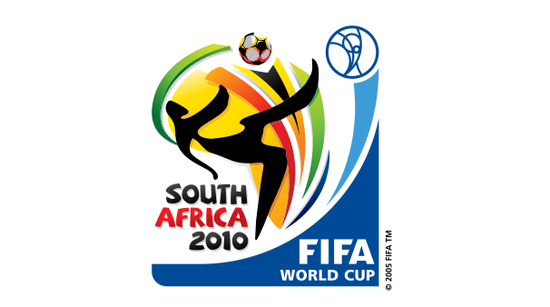Over the past years, the BRICs’ role in world affairs has been steadily increasing. Nowadays, global summits can no longer claim legitimacy and inclusiveness without inviting Brazil, Russia, India and China.
Yet, yesterday’s glittering FIFA’s World Cup Draw Ceremony reminded us that during the 2010’s Football World Cup- the Global Summit on Soccer (the “G32”) in South Africa, the world’s emerging powers will be, with the exception of Brazil, conspicuously absent. While the G20, the World Bank and the IMF attempt to become more representative, the World Cup’s inclusiveness is paltry in comparison: the 32 participating countries represent less than 25% of the world’s population, and only a little more than 50% of global GDP. In addition, there are large regions in the world where soccer plays no role at all: Roughly 1.5 billion South Asians have never seen their national teams participate in a World Cup, and there are few signs they ever will.
Russia, which has played many tournaments, came tantalizingly close to obtaining a spot in South Africa, but was eliminated by a hard-hitting Serbian squad last month. China’s hopes were dashed after losing to Iraq. Their failure can thus be attributed to bad luck. Brazil has always been a soccer superpower, long before receiving the BRIC label. India, on the other hand, is the most peculiar case by far, and its problems seem more complex. With 1.1 billion people, a growing middle class and strong British traditions, the country should have all the necessary ingredients to emerge as a soccer giant. Yet, several obstacles seem to make this scenario unlikely.
The first is cultural: Martial arts, chess and yoga listed among the most popular activities in ancient India. Prior to the arrival of the British, physical exercise was usually linked to religious rites. While the British did introduce soccer in India (The first recorded game in India took place between ‘Calcutta Club of Civilians’ and ‘The Gentlemen of Barrackpore’ in 1854), they did more to promote cricket, a for outsiders unintelligible sport that gained little support outside of the Commonwealth. Cricket has since become the most popular sport in India. The second reason has to do with bad governance. The government does virtually nothing to promote young talents, the sports infrastructure is abysmal, and consequently India is probably the least represented country (per capita) not only during the Soccer World Cup, but also during both Winter and Summer Olympics.
Can India hope to participate in a World Cup soon, or is Indian soccer condemned to remain on the sidelines? There are several signs that a change may be underway. Soccer is surprisingly popular in several Indian states, such as West Bengal, Goa and Kerala. The Indian team qualified for the 1950 World Cup finals in Brazil, but they were tragically excluded from the tournament because Indians still played barefoot at the time. In 2006, India signed an accord with Brazil which involves knowledge sharing and having Brazilian coaches help their Indian counterparts modernize the game. In addition, the All India Football Federation (AIFF) seems to get its act together. Two years ago, the I-League was founded. It has been expanding ever since, currently featuring 14 clubs. Famous European clubs have also begun to eye the Indian market. There are an estimated 160 million soccer fans in India, many of them willing and able to pay for jerseys, training and tickets. Liverpool, a British club, is setting up a center of excellence in Pune, South of Mumbai. Bayern Munich is working with the West Bengal government to set up an academy in Burdwan.
India may well have a long way to go, and it certainly has more pressing issues to worry about than its small number of soccer fields. Yet, hosting a World Cup- in 2030, for example- would surely help move the world’s most popular sport closer to the Indians’ hearts.
Read also:
Book review: “Brazil, the BRICS and the International Agenda”
BRICS: What’s in it for Brazil?
Despite economic slowdown, BRICS grouping is here to stay









